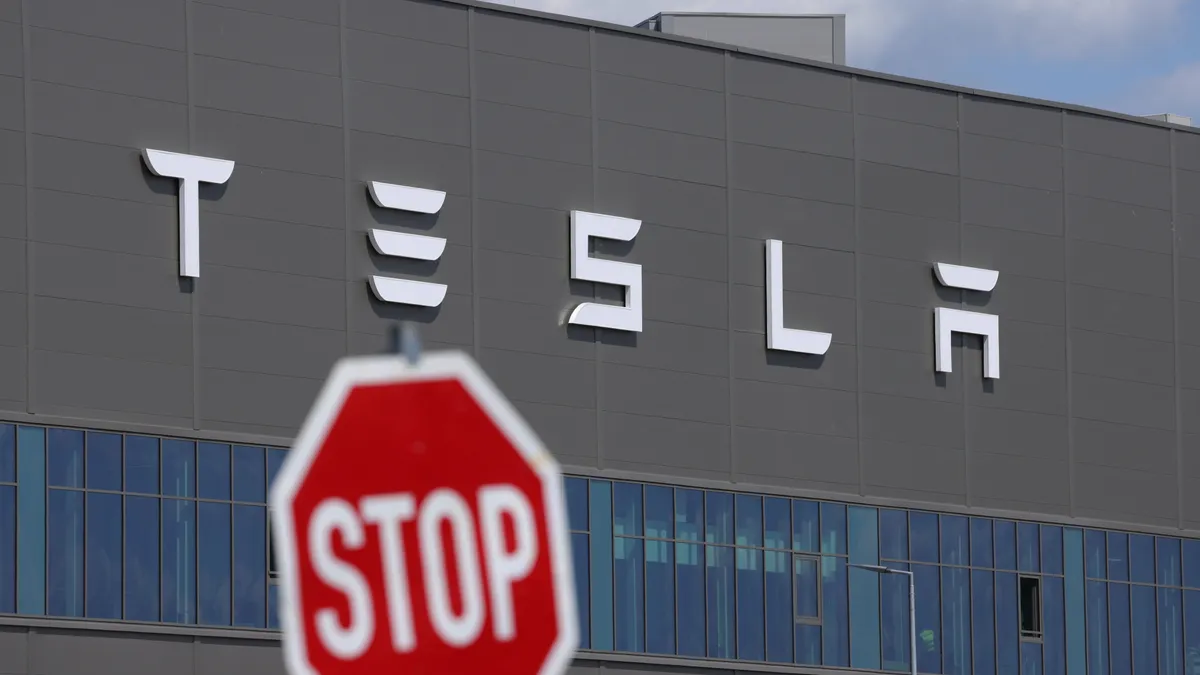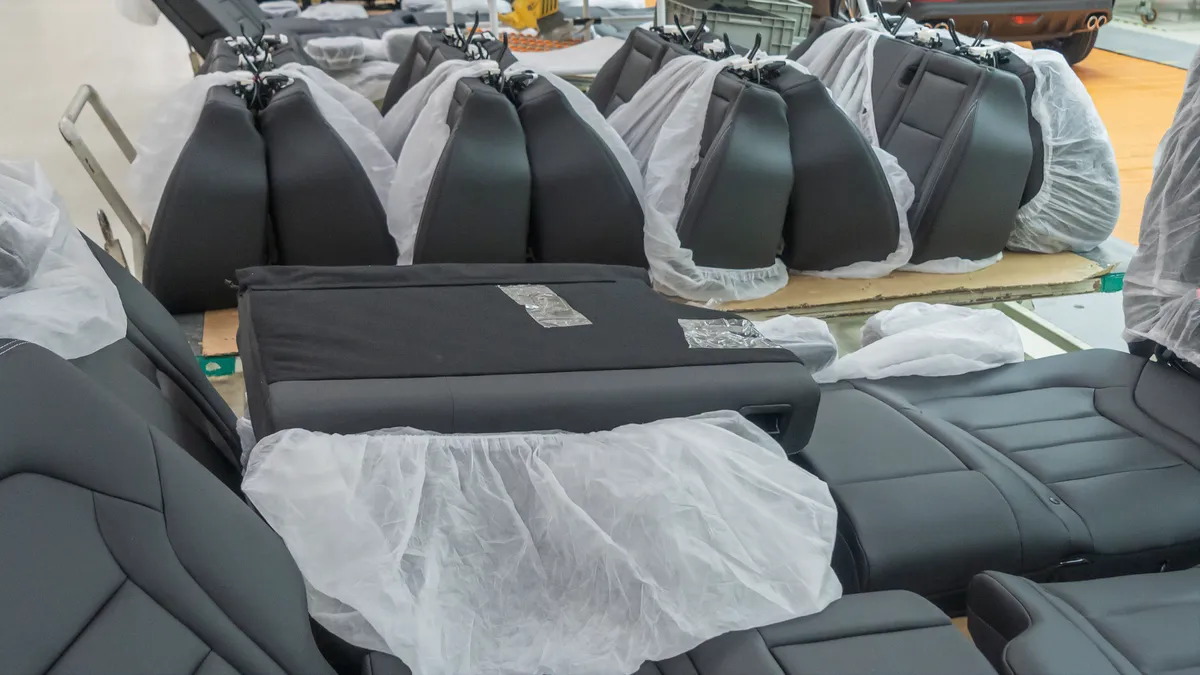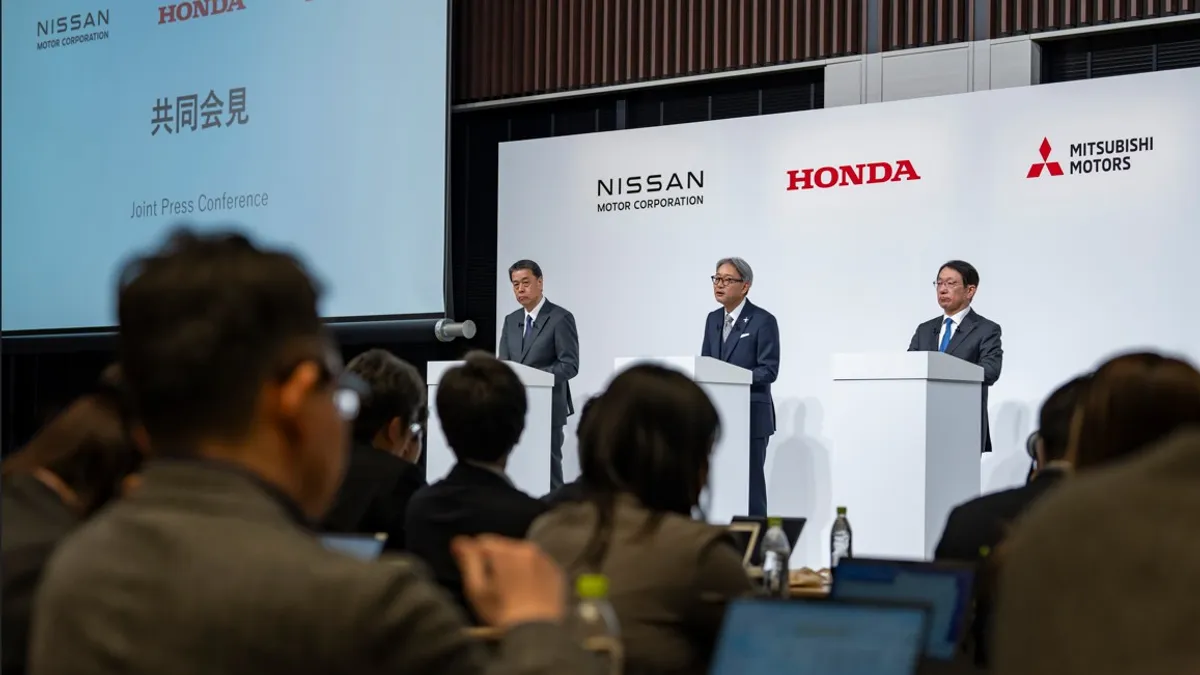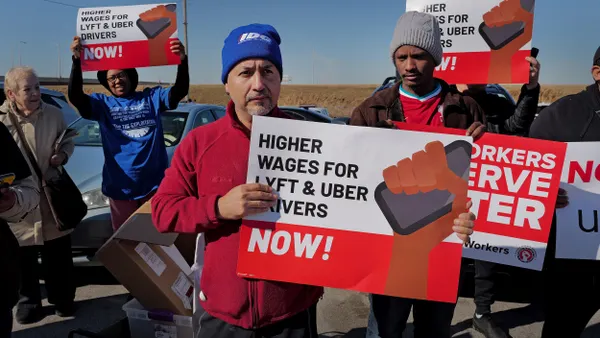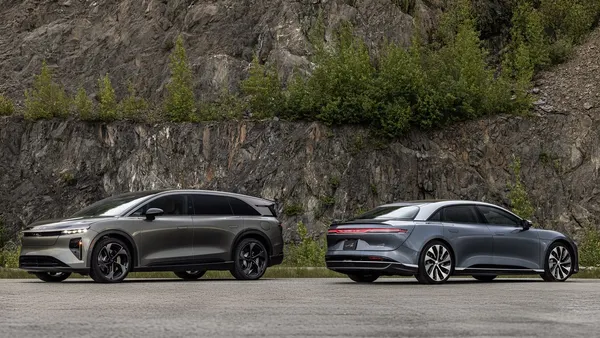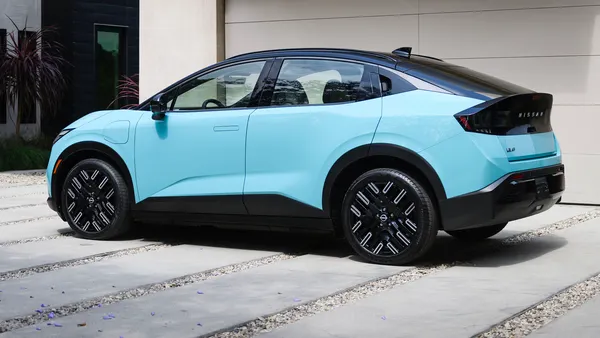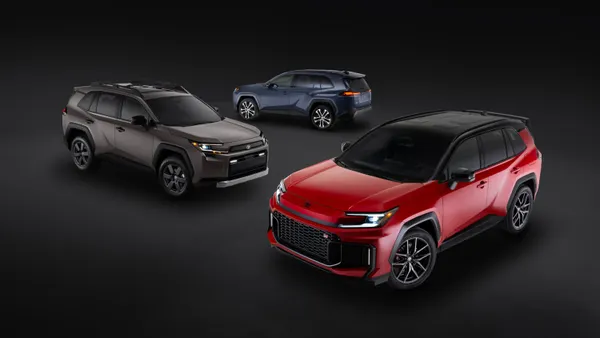Dive Brief:
- Tesla’s Autopilot advanced driver assistance system did not cause a deadly 2019 crash in Riverside County, California, a jury ruled Tuesday in a civil lawsuit filed in Riverside County Superior Court.
- In a 9-3 vote, the 12-member jury found the vehicle’s Autopilot system had no manufacturing defect that would have led to the crash. The jurors, however, did not evaluate whether Tesla’s Autopilot system had a design defect.
- Tesla faces at least 10 active lawsuits concerning its Autopilot system, according to the Washington Post, with Bloomberg reporting five are likely going to trial next year.
Dive Insight:
According to a Washington Post analysis of National Highway Traffic Safety Administration data, Tesla’s Autopilot system has been connected to over 700 crashes and at least 19 deaths since 2019.
In the current case, 37-year-old Micah Lee died after his Tesla Model 3 allegedly swerved off a highway at 73 mph, hit a palm tree and caught fire while he was using the vehicle’s Autopilot system, according to a court document. Two survivors, Lee’s fiancée and her son, claimed the Autopilot system malfunctioned, leading to the crash. They sued Tesla for $400 million in damages, including physical injury, mental anguish and the driver’s loss of life.
Bloomberg reported that one of the plaintiff’s attorneys, Jonathan Michaels, argued human error couldn't cause such a crash, citing internal company records related to a 2017 safety analysis of Tesla’s Autopilot system.
“We know Autopilot went crazy. We know this is a manufacturing defect,” Michaels said, according to Bloomberg.
Tesla, however, blamed driver error. The automaker’s attorneys said Lee had consumed at least one drink before driving and that it was unclear if Autopilot was activated when the crash occurred.
“Autopilot will not, cannot and did not do what plaintiffs are claiming, and it’s never happened before,” Michael Carey, Tesla’s attorney, said in his closing statement last week, Bloomberg reported. “Simple human error caused this crash.”
Tesla says its Autopilot and FSD systems require drivers to pay attention at all times and keep their hands on the wheel. But the automaker still needs to deal with claims that it has misled the public about Autopilot’s capabilities.
In April, Tesla won a civil lawsuit involving a non-fatal crash in Los Angeles after a jury found a woman’s Model S did not malfunction when it hit the center median of a city street.
In addition to civil lawsuits, Tesla is dealing with numerous federal and state investigations related to its Autopilot and Full-Self Driving systems, as well as claims it inflated driving range estimates with a rigged algorithm and misused company funds to build a secret house in Texas for CEO Elon Musk, among other issues.



